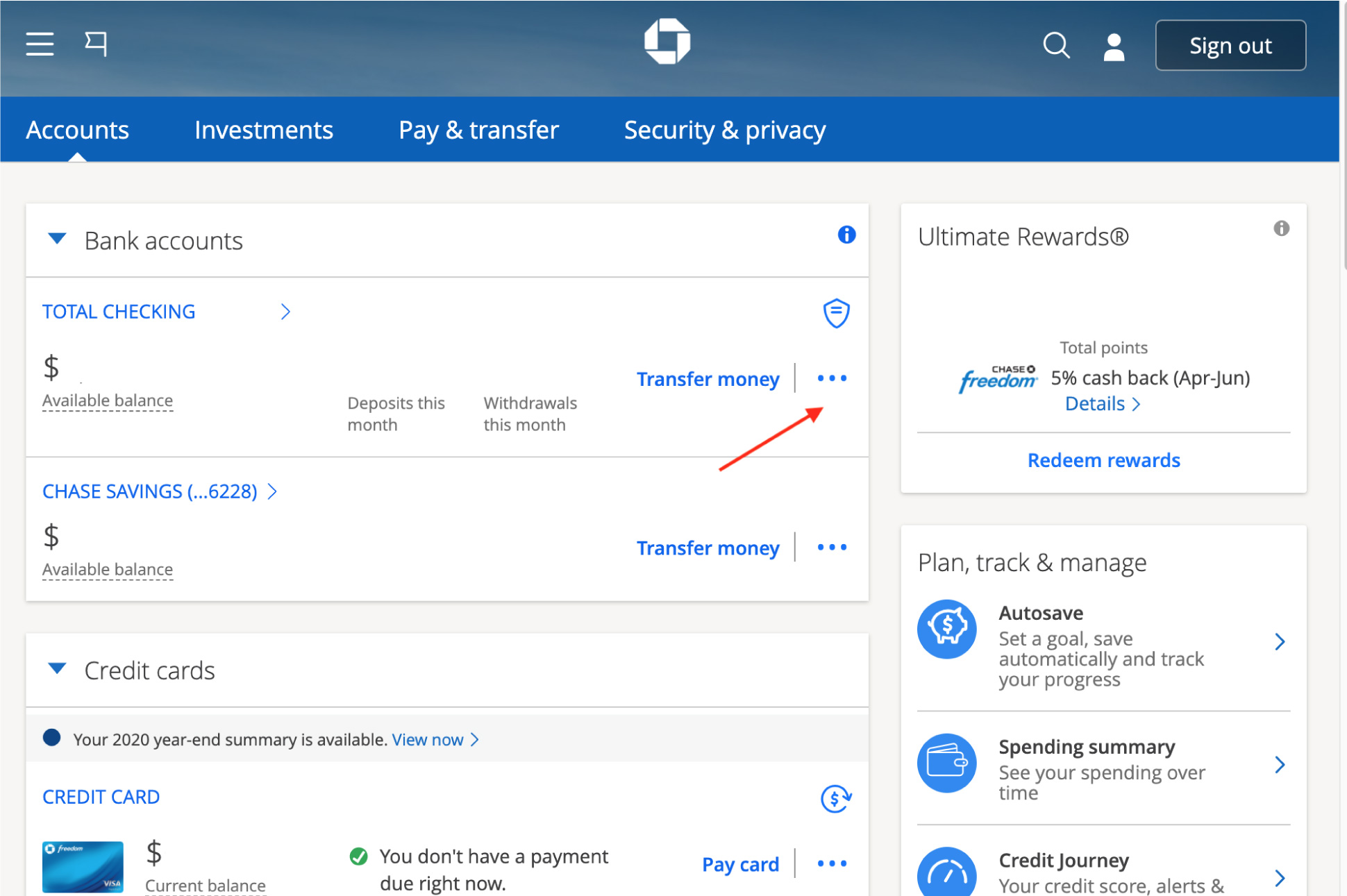Oh no, you’ve misplaced your Chase checkbook! Don’t panic just yet. Losing a checkbook can feel like losing a piece of your financial security, but it’s not the end of the world. Whether you left it at a coffee shop or misplaced it in the chaos of daily life, there are steps you can take to protect yourself and get back on track. This guide will walk you through everything you need to know about handling a lost checkbook from Chase.
Imagine this scenario: you’re rummaging through your bag, looking for that little booklet with your name on it, and it’s nowhere to be found. That sinking feeling hits you—your Chase checkbook is missing. But hey, before you start stressing, let’s talk about what happens next. This isn’t just about finding the checkbook; it’s about safeguarding your finances.
Let’s dive into the nitty-gritty of what to do when you lose your checkbook, how to prevent fraud, and how to replace it without losing your mind. Whether you’re a seasoned check user or someone who rarely touches paper checks, this guide has got you covered. So grab a coffee, sit back, and let’s figure this out together, buddy.
Read also:Exploring The Mysteries Of Stars In The Constellation Aries
Understanding the Risks of a Lost Checkbook Chase
When your Chase checkbook goes missing, it’s not just a piece of paper you’re worried about—it’s a potential gateway to financial fraud. A lost checkbook can lead to unauthorized transactions, identity theft, and a whole lot of headaches. But don’t freak out just yet. Let’s break down the risks so you can understand what’s at stake.
Why Should You Worry About a Lost Checkbook?
Here’s the deal: a checkbook contains sensitive information, including your bank account number, routing number, and sometimes even your personal details. If someone gets their hands on it, they could write checks in your name, drain your account, or even sell the information on the dark web. Yikes, right?
- Unauthorized checks can be written using your account details.
- Identity thieves might use the information to open new accounts in your name.
- Your personal data could end up in the wrong hands, leading to long-term consequences.
Steps to Take When You Lose Your Chase Checkbook
Alright, let’s talk about the immediate steps you need to take when you realize your Chase checkbook is missing. Time is of the essence here, so act fast. The quicker you respond, the better your chances of minimizing the damage.
1. Call Chase Immediately
The first thing you should do is call Chase customer service. They’ll put a stop on your checkbook, which means no one can use it to make unauthorized transactions. This step is crucial, so don’t delay. You can reach Chase at their toll-free number or through their mobile app.
2. Freeze Your Account Temporarily
If you’re really worried, consider freezing your account temporarily. This will prevent any transactions from going through until you’ve sorted out the situation. It’s a bit of a hassle, but it’s worth it if it keeps your money safe.
How to Replace Your Lost Chase Checkbook
Once you’ve taken care of the immediate concerns, it’s time to replace your lost checkbook. Here’s how you can do it:
Read also:Mmsdose Alternative The Ultimate Guide To Safe And Effective Options
Ordering a New Checkbook
Replacing a lost checkbook is pretty straightforward. You can order a new one online through your Chase account or by visiting a branch. Just make sure to double-check that all the old checks are accounted for before you proceed. You don’t want any surprises popping up later.
Preventing Future Losses
Now that you’ve dealt with the current situation, let’s talk about how to prevent this from happening again. Here are a few tips to keep your checkbook safe:
- Store your checkbook in a secure place, like a locked drawer or a safe.
- Keep track of your checkbook the same way you would with your wallet or phone.
- Consider using digital payment methods instead of checks to reduce the risk.
Understanding Chase’s Fraud Protection
Chase has some pretty solid fraud protection measures in place. If someone does try to use your lost checkbook for fraudulent activities, Chase will investigate and work with you to resolve the issue. It’s not a perfect system, but it’s a good safety net to have.
What Happens If Fraud Occurs?
If someone writes checks using your lost checkbook, don’t panic. Chase will review the transactions and determine whether they were legitimate. If they weren’t, Chase will typically refund the money to your account. However, it’s still important to report any suspicious activity as soon as possible.
Legal Implications of a Lost Checkbook
From a legal standpoint, losing your checkbook can have some serious implications. If someone uses your checks without your permission, you could be held liable for the transactions unless you report them promptly. That’s why acting quickly is so important.
Know Your Rights
Under federal law, banks are required to investigate any claims of unauthorized transactions. You have the right to dispute any charges that you didn’t authorize, and Chase is obligated to resolve the issue within a reasonable timeframe.
Financial Impact of Losing a Checkbook
Losing a checkbook can have a significant financial impact, especially if it leads to unauthorized transactions. Even if Chase refunds the money, the process can take time, leaving you without access to your funds for a while. Plus, there’s the stress and hassle of dealing with the situation.
How to Minimize the Impact
To minimize the financial impact, keep an eye on your account activity regularly. Set up alerts for any unusual transactions and report them immediately. This way, you can catch any potential fraud before it spirals out of control.
Alternatives to Paper Checks
If you’re tired of dealing with the hassle of paper checks, consider switching to digital payment methods. Chase offers several options, including mobile check deposits, Zelle, and Venmo. These methods are not only more secure but also more convenient.
Why Go Digital?
Digital payments reduce the risk of losing sensitive information and make it easier to track your transactions. Plus, they’re faster and more efficient than writing checks. It’s a win-win situation.
Common Myths About Lost Checkbooks
There are a few myths floating around about lost checkbooks that we need to debunk. Here are a couple of the most common ones:
- Myth: If you find the checkbook, everything is fine. Not necessarily. Even if you recover your checkbook, there’s no guarantee it wasn’t used before you found it.
- Myth: Fraud protection means you don’t have to worry. While fraud protection is helpful, it’s not a substitute for vigilance. You still need to monitor your account closely.
Conclusion: Protect Your Finances, Stay Calm
Losing a Chase checkbook can be stressful, but it’s not the end of the world. By taking immediate action, understanding the risks, and knowing your rights, you can protect yourself from potential fraud. Remember to act quickly, stay informed, and consider switching to digital payment methods to avoid future headaches.
So, what’s next? If you’ve lost your checkbook, call Chase right away. If you’re looking to prevent future losses, start implementing some of the tips we’ve discussed. And hey, if you’ve got any questions or want to share your own experiences, drop a comment below. Let’s keep the conversation going!
Table of Contents
- Understanding the Risks of a Lost Checkbook Chase
- Steps to Take When You Lose Your Chase Checkbook
- How to Replace Your Lost Chase Checkbook
- Preventing Future Losses
- Understanding Chase’s Fraud Protection
- Legal Implications of a Lost Checkbook
- Financial Impact of Losing a Checkbook
- Alternatives to Paper Checks
- Common Myths About Lost Checkbooks
- Conclusion: Protect Your Finances, Stay Calm
And that’s a wrap, folks. Stay safe out there and keep your checkbooks close. Cheers!


